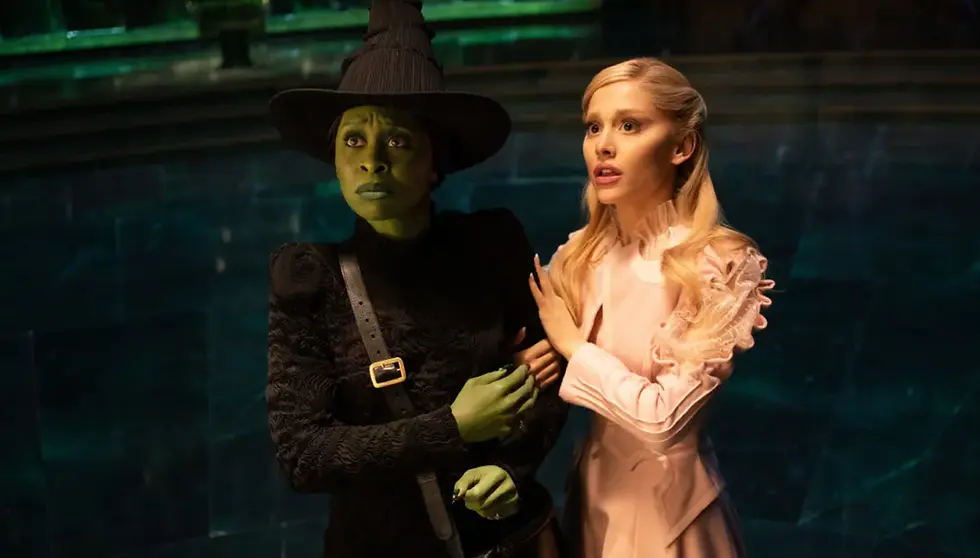Stephen Sondheim's Old Friends - Gielgud Theatre
- comaweng
- Oct 16, 2023
- 3 min read

Opinion was divided amongst fellow theatregoers about Bernadette Peters in her West End debut. “I love her,” one said. Another said she was past her prime. From what I can tell, and based on what others have said about Peters’ performances having seen her on Broadway at some point over the years (and, let’s tell it like it is, decades), she is simply Bernadette Peters being Bernadette Peters. And yes, taking that glorious Forbidden Broadway tune about her to heart, I did indeed see her on a Monday: a parody of the title number from Tell Me On A Sunday explains how patrons seeing Peters later on in the week might not, to put it mildly, see her at her best:
Don’t come on Tuesday, you might want to leave
And by Wednesday 2:00pm, I might not show up
By the weekend shows, I’ll be hoarse, God knows
See me when I’m rested with vocal ease
See me on a Monday, please
I had a bit of guesswork to do on a Tube home working out who sung what – there’s a long list of forty-two musical numbers, and a shorter list of the members of the company, but nothing about who got to sing which songs. The guesswork was slightly further complicated by certain headshots in the programme being taken some years ago. There’s nothing new in that, of course – it’s hardly a unique issue to this production – but it nonetheless provided some momentary entertainment.
Aside from a brief introduction, and another a few minutes after the first, there was nothing but song after song. An on-stage orchestra, thanks to the stage design, could only be partially seen, at least from my centre-of-the-row stalls seat (perhaps patrons in the circle had a better view). I have no problem in principle with being left alone – I would rather not have a host periodically asking if we were having a good time, introducing and re-introducing and re-re-introducing soloists, and all the rest of it. And one of my favourite shows at the Edinburgh Festival Fringe for two years running, Divas: From Stage to Screen, follows the same pattern as Stephen Sondheim’s Old Friends – banger after banger, without filler, without banter, without backstories about what a particular song means to a particular performer. Just pop the songs out, one after another, sing them well, sing them powerfully, sing them beautifully, sing them poignantly when the moment is right, sing the shit out of them when the moment is right, and so on.
Cameron Mackintosh’s show reflects his own preferences in the Sondheim back catalogue – presumably he does not care for Assassins or Pacific Overtures as not a single song from those shows feature here, and I’m reasonably certain people who know their Sondheim far better than I know mine could name a couple more of his works completely omitted from this anthology. It is, in terms of production values, very much a Mackintosh show, with no expense spared on lighting, sound and costumes.
But it’s weird seeing and hearing an evening of Sondheim tunes and coming away not feeling the mixed emotions one feels having seen a full-blown Sondheim musical. Yes, taken together, he wrote enough songs in his lifetime that provide an overall feelgood factor, but this is a little bit like West End Live – a snippet of this, a portion of that, and if that’s what you want, you’ll be in proverbial heaven. There’s lots to like about this – Jason Pennycooke’s enthusiasm in ‘Buddy’s Blues’, Bonnie Langford doing the splits, at fifty-nine years young, in ‘Broadway Baby’, and Lea Salonga singing so excellently. Janie Dee singing ‘The Boy From…’ provided possibly the greatest challenge in terms of vocal gymnastics of the night, and she made it sound effortless.
Well, I had a good evening, and so did everyone else as far as I could determine. And yet, I’m not exactly yearning to go back for seconds. Or even scour the online listings to see if there are any more Sondheim shows coming up. Nicely done, but as a tribute to Sondheim, there could have been more said about the man himself, including his mentoring and many, many letters of correspondence, and his commitment to encouraging younger musical theatre writers, just as he was encouraged by Oscar Hammerstein II.
Three stars




Comments